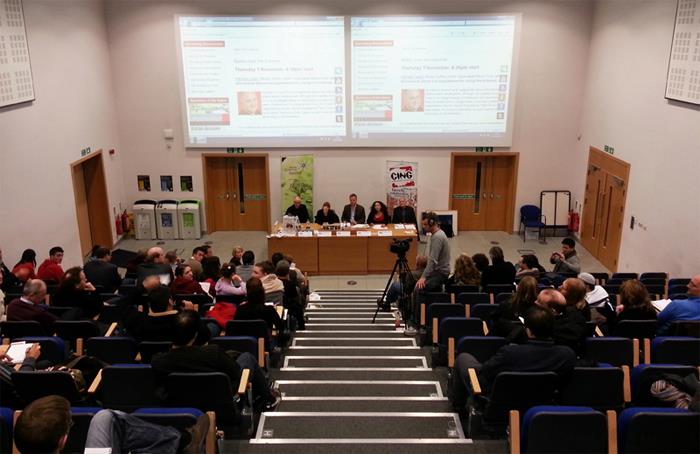
Introduction
It's hard for most of us to imagine life without the Internet, even though it's actually quite a recent development. Although not originally envisioned as the ubiquitous entity it now is, its elegant design of distributed command and control means that its management and future have always been contested and to a large extent, in our own creative hands. Whilst many of the early wrangles through organisations like the Internet Engineering Task Force (IETF) and the Electronic Frontier Foundation (EEF) seem to have waned, the focus of discussion is much more on the form and content of communication rather than its technology or administration.
Our contemporary discussions may lack some of the bite and vision embedded in battles around the technologies of Web 1.0, so what are the ideological battlegrounds today as we move through the technologies of the Web 2.0 era, and how can we best shape the emerging trends as emerge into the truly mobile inter-connected network. Communication forums such as Twitter and Facebook have been celebrated for their role in helping to facilitate the uprisings across the Arab nations recently, and regimes acting to suppress such communications rightly labelled as authoritarian. With a different focus and reason for restricting communications via the Internet, many champions of freedom of expression against Arab regimes, seek to regulate the freedom to express challenging views of hurtful comments towards minority groups.
Whilst social media has been celebrated for facilitating the Arab Spring, there is also growing pressure for more regulation to protect us from other citizens on the internet. User Generated Content (UGC) is clearly at the heart of Facebook and Twitter, but to what extent is the 'user' driving innovative developments in the technology, and to what extent is such technology sucking us dry of our truly creative potential. Are the demands for more regulation and control of social media likely to enhance our experience or may they be part of the reason why the public IPO of Facebook for example, was considered to be so problematic, and will ultimately lead to such innovations becoming more stultifying? As more of our communication on the internet moves over to mobile devices, will the investments required for platform development become a barrier to innovation or will our desire for progress overcome such structural and technical issues?